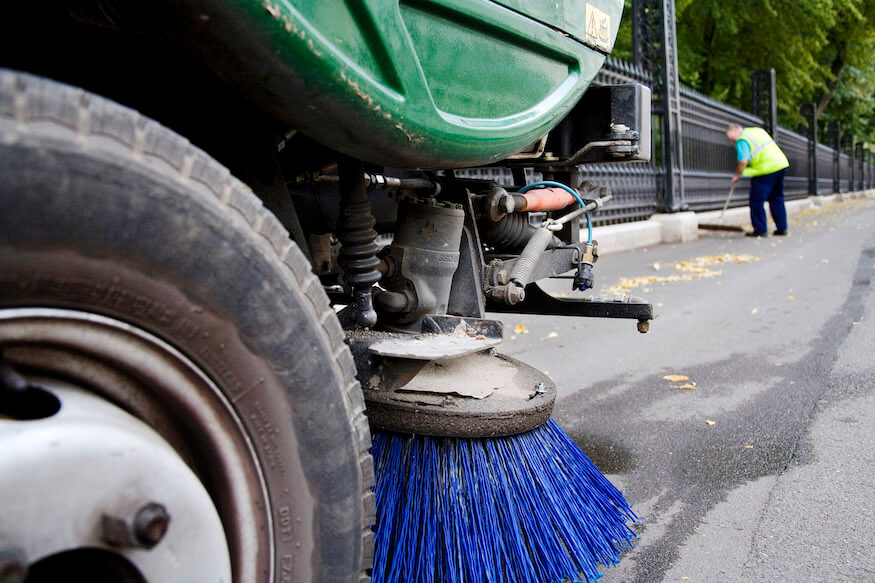Philly’s brand-new street sweeping experiment has already caused a major roadblock.
The ten 9-foot wide sweepers are too big to navigate around the narrow streets of Philly. This pilot program costs $2.73 million to reduce the garbage on the city streets and aimed to help the city shed the nickname “Filthadelphia.”
Six weeks into the pilot program, they are already considering purchasing more street cleaners. Each additional sweeper costs $250,000, and the department has not determined how many more are needed.
If the city does choose to purchase more vehicles, the tax-payers will see less spending on other city vehicles.
Whyy interviewed Streets Department Commissioner Carlton Williams, and he said, “Each year, we look at our capital budget for vehicles that we purchase. Sweeping is certainly one of our priorities, so we may not get as many compactors for trash.”
The initial plan for the pilot program was that the sweepers were supposed to roll down streets and remove trash from underneath cars and sidewalks by using gas-powered leaf blowers. They use blowers because Philly residents do not need to move their cars.
However, the nine-foot-wide trucks are too big to get around parked cars and narrow streets. At the moment street department workers need to blow litter down the length of the block onto wider streets so that the sweeper can collect the trash.
Due to this additional work, the process is taking way longer than expected to clean the streets. Each week workers are picking up about 10 tons of trash.
Although there are some issues, Commissioner Williams is feeling optimistic about the program. He hopes that all the issues will be resolved within the next two months, which is halfway through the projects first phase. The second phase of this project starts in April 2020.
This new program has received mixed reviews from residents. Ultimately everyone wants the same thing, and that’s to have cleaner streets.
Streets Commissioner Keith Warren spoke with Whyy and reminded all residents that, “The city did not get to this condition in six months, so it’s a little unrealistic to expect that we could resolve all the issues in six months.”




























